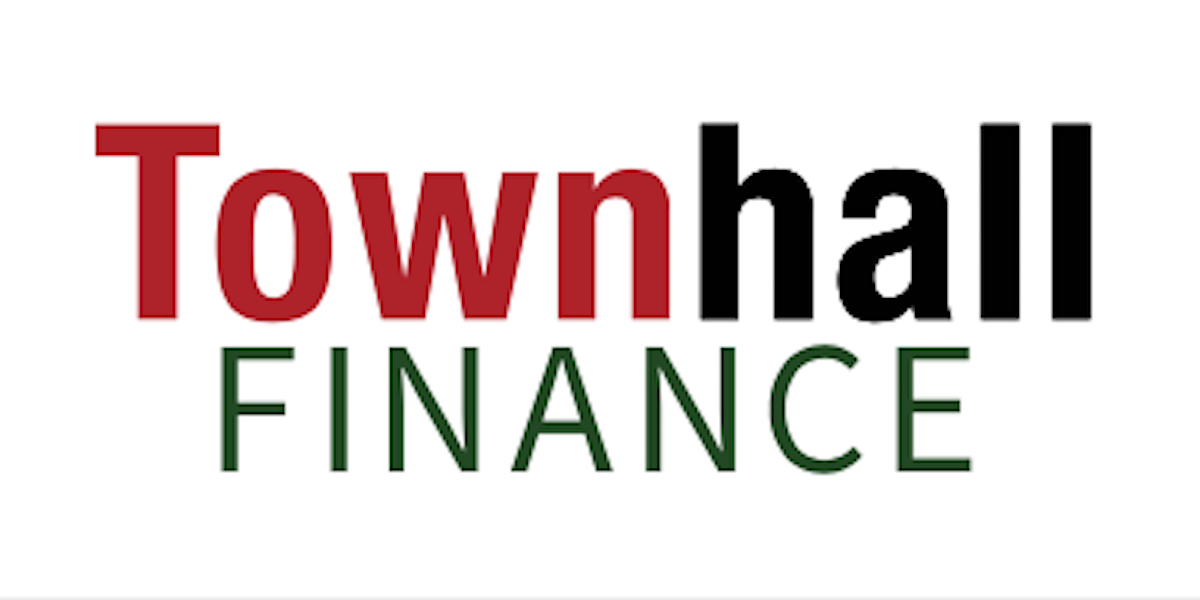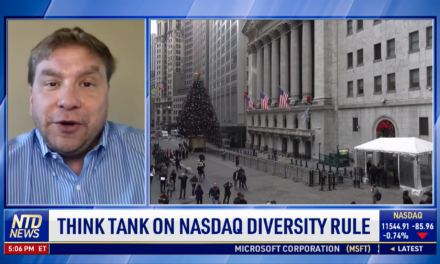LTP News Sharing:
Bank of America (BoA) CEO Brian Moynihan: insufferable, delusional, fraudulent.

Scott Shepard
I have made the case for those conclusions on various grounds on these pages before, but today you can decide for yourself by watching the man’s performance here. I urge you to mark out a few hours to do so. (The video, mind, is only about 24 minutes long, but you won’t be able to watch it through all at once. It’s so full of cringe-packed, empathetic-embarrassment laden moments – think The Office, or for the more etiolated among us, The Brady Bunch – that one can’t help but to pause the recording and get up to shake off the taint.)
As some of you may prefer a summary, or a guide to the highlight reel, though, let’s consider Brian Moynihan in his own words.
(Note: I did my best, in transcribing these quotes, to be exquisitely fair to Moynihan. But I never took shorthand. And even if I had: the guy is so inarticulate that in trying to be fair I’ve rendered him far more coherent than he manages himself. You would think that a man who has become a billionaire serving as, in effect, the head of a public utility – a too-big-to-fail bank, where profits are private but losses covered by us taxpayers – would at least be able to sling his duplicity with aplomb. But no.)
The first moment worth noticing comes fairly quickly, just after Lori Murray, the president of the Committee for Economic Development for the Conference Board ends her opening genuflection to Moynihan, to whom the Committee has given an award for his services to the hard-left takeover of American life. (I hadn’t previously known that the Conference Board is a paid-up brigade of the long march through the institutions. Noted.)
There (at about 2 minutes), Moynihan agrees with Murray that there is a “racial and social justice crisis,” and assures her that progress can be made on that front. This billionaire fails, of course, to recall that those engaging in “civil unrest” for these causes seek racial equity – a racial spoils system that would distribute wealth and power proportionally by race, regardless of merit or dessert – and believe that anything that stands in the way of that distribution is white supremacy and systemic racism. Based on the theories he ostensibly supports, Moynihan is the greatest white supremacist and systemic racist at BoA, and one of the greatest in the world. Is he advancing “justice” by redistributing his massive wealth and power? Surely you jest. That’s for us to do so he can remain a master of the universe.
Coming up on three minutes, Moynihan natters about how the killing of George Floyd made the business community really come together to address racial and social justice – though, of course, he personally remains a billionaire CEO. But right before and after the 19-minute mark, Moynihan avers that BoA had to “speak to the so-called Bathroom Bill in North Carolina,” the one that would have kept men and boys, however dressed, from using women’s and girls’ restrooms. Apparently he and BoA have not paused to learn anything from the rape of a young schoolgirl in a school bathroom by a young person who was described as a trans girl before he committed rape, but then suddenly in the leftwing media became a “boy in a dress” – a canceling offense, if we on the right phrase it that way – once he had. And we can expect Moynihan to learn nothing from the fact that the Loudon County superintendent and school board tried to conceal the incident, allowed it to happen again, and even had the girl’s father arrested – and attempted to put him in jail – for uncovering the horror.
At about 13 minutes, Moynihan brags about giving $25 million to the Smithsonian, and spending untold amounts in-house, to sponsor “courageous conversations” programs about pressing social issues. You can guess from the forgoing whether BoA will be courageous enough to permit those conversations to consider the dangers inherent in the BoA-favored approach to professedly transgendered boys and men using girls’ and women’s facilities, or the fundamental, systemic racism shot right through “anti-racism” and “racial equity.”
It would be a very good idea for Moynihan to allow such genuinely courageous conversations throughout his company, though. Starting at about 11 minutes, Moynihan brags extensively about BoA’s aggressive policy of discriminating in its lending and investing decisions, picking businesses worthy of investment – not just for the Bank, but also for those who take BoA’s advice – on the basis not of merit or objective investment worthiness, and not even on a curve for all businesses founded or run by members of the working or middle classes, but instead explicitly on the bases of race, ethnicity, sex and sexual orientation. These are exactly the suspect classes on which we have constitutionally forbidden discrimination so we can end racism and sexism. But here’s the CEO of BoA cheering himself for his overt discrimination on exactly these grounds.
He and his brain trust may want to pay careful attention to the fact that in BoA’s home state of North Carolina a jury just awarded a hospital-industry executive $10 million for having been discriminated against because he was white. Given the discriminatory lending program at BoA – not to mention the explicitly racist employee training BoA has sponsored, recommended to its employees and then lied about – Moynihan ought to take note.
It’s highly unlikely that he will, though, at least voluntarily. For while Moynihan claims – starting at about 18 minutes – that his “ESG” interventions are simply encapsulations of the will of BoA stakeholders, he then quickly reveals that they are instead the personal policy preferences of the “top people” with which Moynihan has surrounded himself. He consistently insists that he’s doing with BoA what his “teammates” demand, but then notes that “200,000 teammates don’t always agree,” so the real decisions are (this at about 19:30) “all made [by] a group of senior professionals” who consider (carefully curated) teammate demands, but then “we use our own [executive] judgment” about what to do.
He didn’t mean to, but he admitted it: stakeholder capitalism is a fraud, a pretense.
And it’s a pretense that leads to disaster. He and his fellow executives and his “NCAC, made up of some of the great [non-governmental agency] leaders in the United States that … also advise us on some of these issues” were the ones who (a) opposed the Bathroom Bill because of course no harm could come from opening girls’ rooms to all; (b) approved the racist training program that the bank then lied about and (c) advised BoA to come out against Georgia’s voter-integrity law, until – under questioning from the Free Enterprise Project (where I work) – he had to backtrack entirely, left to mumble something about a bipartisan commission.
Maybe add some center/right voices among your counselors, Bri. Your current crowd seems to be leading you into disaster.
But of course the impetus is Brian, his personal agenda and his ego, not his advisors. To see the ego in all its treacly grandeur, start at about 14 minutes to watch Moynihan declare that he and BoA and his World Economic Forum friends have committed to saving the planet by commandeering the private sector, because governments and charities can’t get it done. And he’s doing this because that’s what the world demands – with him as the world’s oracle. He cites the United Nations, but the UN does not speak for the world, and it certainly has not objectively ascertained that the world is willing to spend what BoA itself has concluded is a $150 trillion price tag in order to decarbonize on the UN’s highly politicized timeline.
Brian Moynihan is a messianic menace, who has become a billionaire running a too-big-to-fail bank, and who now wants to use that bank and its owners’ and clients’ assets to constrain and diminish the lives of his guarantors (American taxpayers) while he remains a master of the universe.
He must be reined in. Applying neutrality conditions to BoA’s too-big-to-fail status is the tool. The time is long before now, but certainly the sooner the better.
Scott Shepard is a fellow at the National Center for Public Policy Research and Director of its Free Enterprise Project. This was first published at Townhall Finance.
Author: Scott Shepard






